Rural/Lifestyle
As life has presented the opportunity to work remotely, more families are making the leap and leaving the city for the dream rural lifestyle.
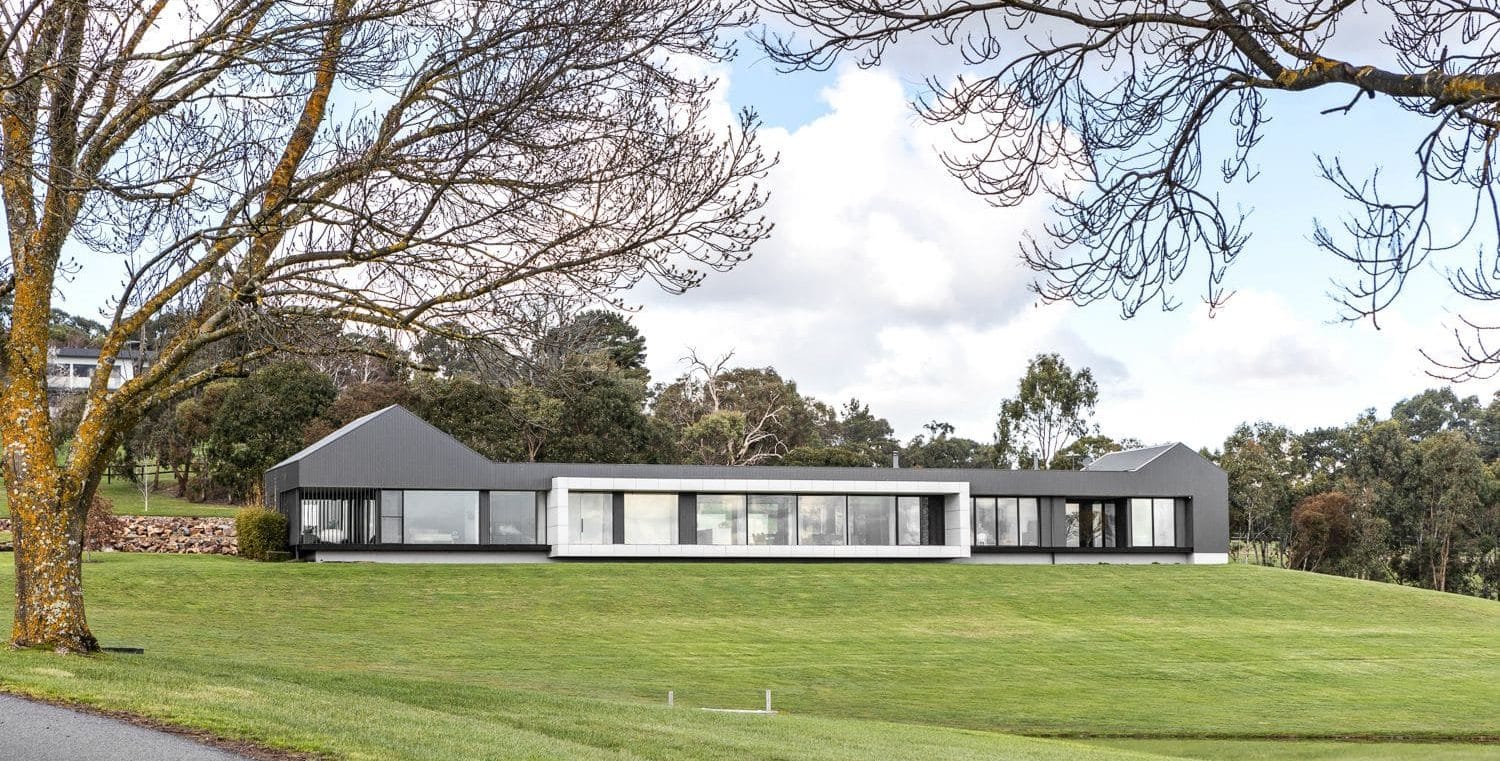
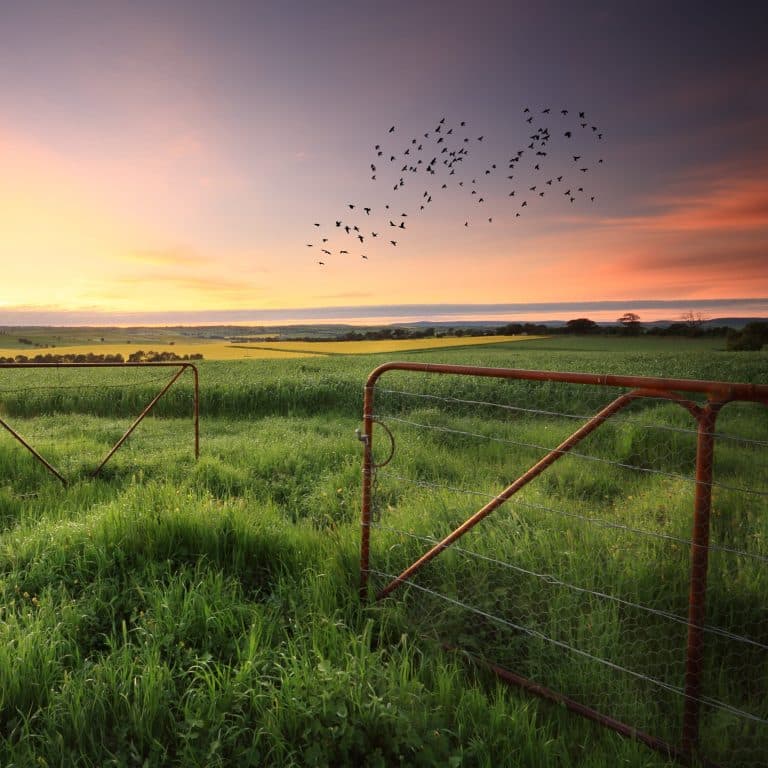
Choosing a Rural / Lifestyle Property
How do you get started? How do you choose the right rural property? And what do you need to know to make the move to the country a success?
There’s more to it than the green surroundings and a picket fence. Unlike living in a suburb, choosing a rural property isn’t just about the home – it’s the whole package.
A rural property owner herself, Lynda McNeill shares her top tips to ensure your rural dream becomes a lifestyle success:

1. Choosing the right rural property for you is best determined by how you plan to use it.
- If you’re looking to keep livestock, purchasing suitable land is very important. Flat or gentle undulating land offering suitable pasture is ideal. Land should be user-friendly, open, have cleared space, good quality soil and ample water supply, just to name a few key requirements. You will need to understand zoning to ensure it allows livestock, along with any quantity restrictions.
- If the dream of staring out over uninterrupted rolling hills is more your style, ensure you understand what is required to maintain those hills, in all conditions. It could be harder to maintain, landslides in winter or windier than flatter land.
- Rural doesn’t always mean acres of open space. You may prefer to have the peace of the country life, but within the town centre. This is a good option if you want to be close to facilities, have a large back yard and still enjoy what country life has to offer.

2. Understand threats to the property
Flooding: Flat, low lying land is often subject to flooding. You will need to understand the drainage system, not only on the property but in the surrounding areas also. If you’re looking at the property in the summer months this may be harder to detect – do your homework on zoning, overlays and speak to the locals.
Fire: If you are securing a heavily treed property, chances are you’ll be in a high fire risk zone. Ensure the correct clearing around the home has been carried out, and if not, what restrictions may apply.
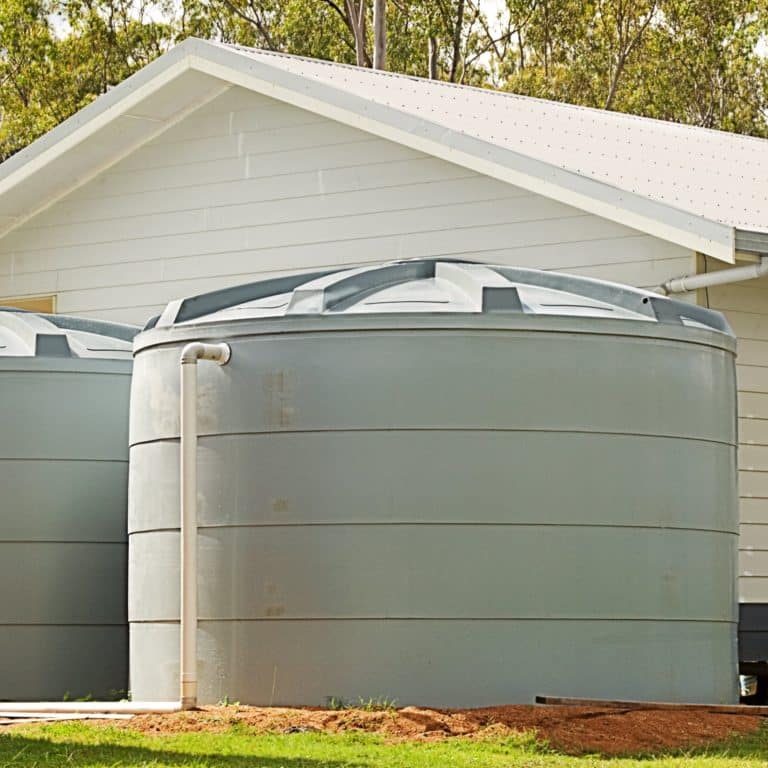
3. Become familiar with the difference in utilities and what it will mean for you.
Here are a few that differ from suburban services:
Tank Water – Unlike mains water in the suburbs, most rural properties have tank water. Look at your current usage to determine if the current tank capacity is sufficient or if you’ll need to install more for your family and stock needs. Recognise that if you’re in a low rainfall area, there may be times that you’ll need to have water brought in. Learn how to tell if the tank is running low, so you have plenty of time to order before the tank runs dry.
Septic System – This is a term many suburban families are unfamiliar with. It’s very rare for rural properties to have connections to main sewer reticulation systems. Instead, each usually have their own in-ground septic tank. It’s an unpleasant one to get wrong, so do your homework to understand the system and what is required for maintaining it.
Bottled Gas – Most of us are used to either electric or gas services for heating, cooking and hot water provided via the main services in the street. However, gas appliances in rural areas normally means bottled gas. This requires you to actively monitor when you need to refill so you don’t get caught short.
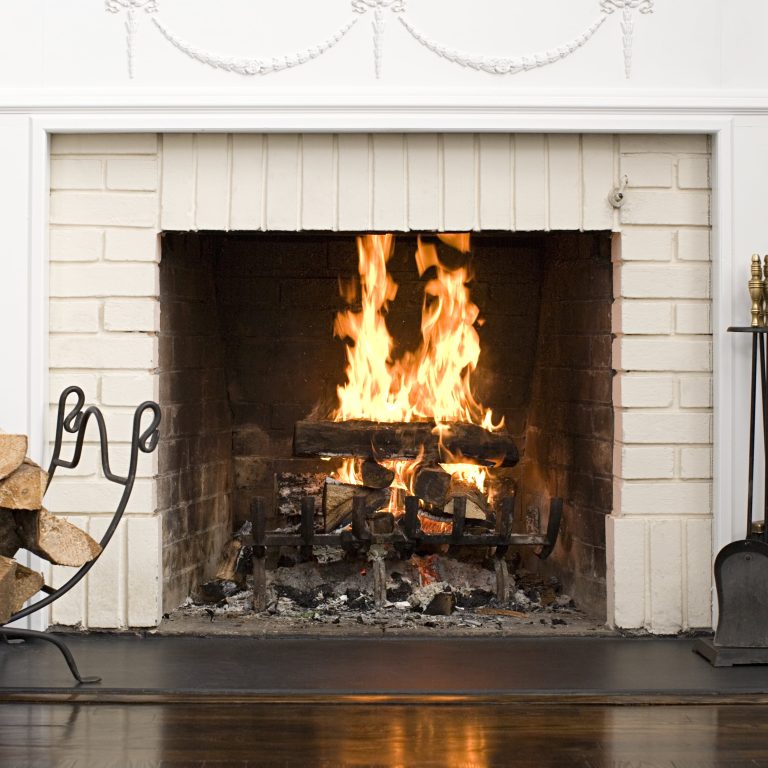
4. Heating your home
Most rural areas are known for the extremity in climate, with some even snowing in winter. The romanticised idea of an open fire can wear thin when the reality of chopping and stocking firewood takes over. Reassess your options – if you don’t see yourself as a woodchopper, find your local wood supplier and ensure you stock up ahead of winter. Or consider an alternative to a wood heater if this isn’t your style.
5. Suitable equipment
An additional cost to consider is having the correct equipment for ongoing property maintenance. This could include tractors, spraying booms, fencing, chainsaws etc. Research what is appropriate for the property you are securing. Ask the current vendors what they have found the most useful and explore negotiating these items into the chattels.

6. Insurance
Ensure you have adequate farm insurance that covers you for natural disasters, equipment, fencing and more.
7. Become familiar with amenities
Although being away from the hustle and bustle is appealing, it’s important to become familiar with local services and facilities. These could be bus services to get the kids to school or what distance the property is to main services, should you require them in an emergency. Of course, the importance for each service will depend on your family’s needs.
8. Make friends
By this, I don’t only mean with the neighbours, other parents at school and social groups. Befriend the locals. They are your walking information manual, not only on the area’s history, but also on who to call, no matter what problem you may have with your property or livestock.

Take the Leap into Rural Bliss
If you’re fed up with traffic every day, noisy neighbours, crowded commutes and have the ability to work remotely or get a new job in a rural area, then country living could be something to discuss with your family. The benefits of remote work speak for themselves.
There’s a lot to consider before you take the leap into rural bliss, and extensive research is needed.
If you’re ready to bid farewell to traffic jams and urban noise, and embrace the freedom of rural living, let us help you navigate this exciting transition.
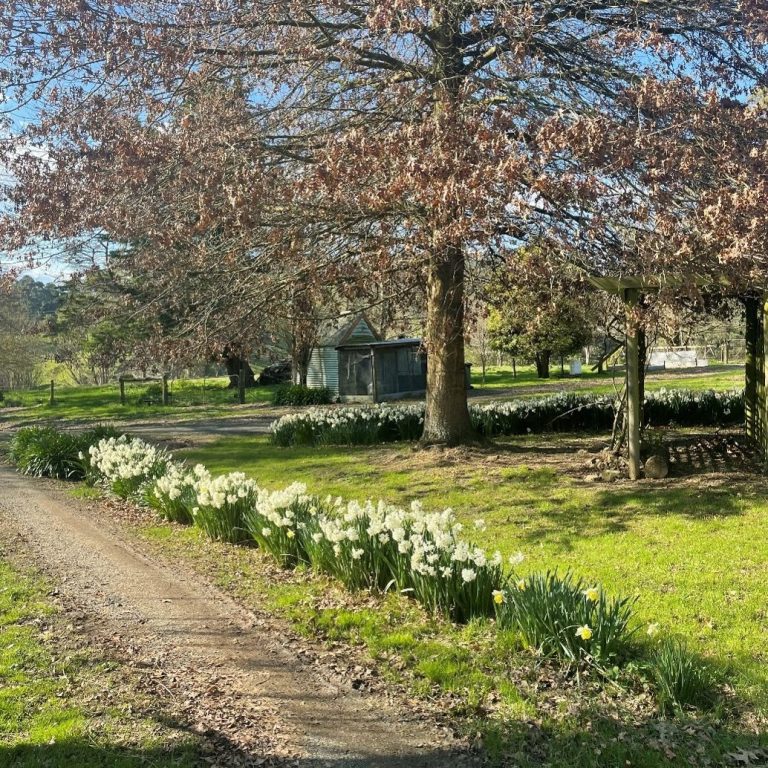
Case Study
Seeking Rural Lifestyle
Location: Gippsland
Clients Brief: Our client, having recently relocated from NSW, sought to acquire a farm in regional Victoria, with no specific location in mind. Their primary criteria included cleared pasture, a livable house needing minimal work, well-maintained shedding, and undulating land suitable for easy stock management. Additionally, they desired the flexibility to have a second dwelling for a Bed and Breakfast, with consideration for rainfall patterns and a sense of community support in the chosen area.
Our Solution: After reviewing multiple potential locations, we narrowed our focus to the Gippsland and Ballarat regions. Our search led us to uncover a remarkable off-market property in the scenic location of Mirboo North.
Testimonials
Book in an Obligation Free Consultation
Don’t hesitate to get in touch with us – we’re here to answer your questions and provide the support you need.
"*" indicates required fields
